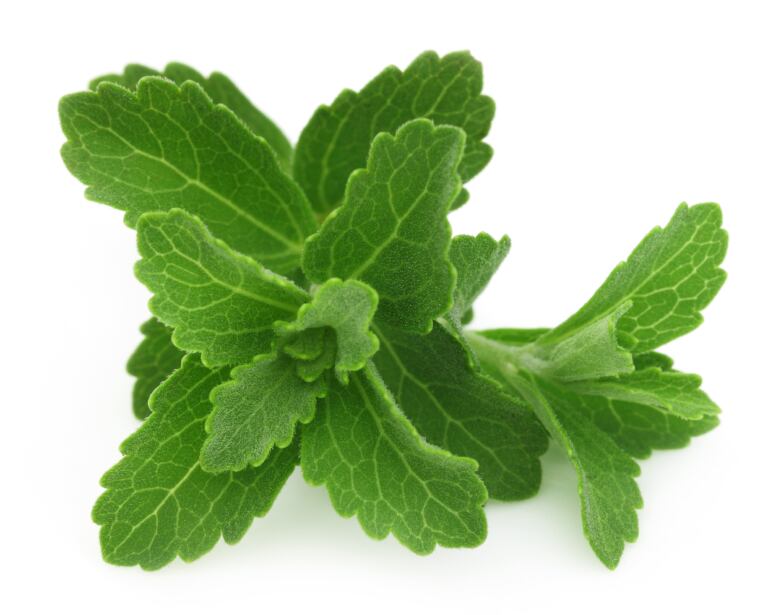The application was filed by the Dutch company last week.
A spokesperson told us: “[We are] indeed preparing to introduce steviol glycosides to the market that are made by fermentation, a process we know from traditional food processes such as brewing, bread and cheese making. DSM’s fermentative stevia will help meet the growing market demand for steviol glycosides of a reliable quality that are sustainably produced, and have a flexible supply.
'Brewed' using yeast
Listed as E 960 in Europe, stevia is approved for the EU market under the regulation 1331/2008. This regulation stipulates it must be produced in a specific way, namely a two-step production process which involves water extraction of the leaves of the Stevia rebaudiana Bertoni plant and preliminary purification, followed by the recrystallisation of the steviol glycosides.
DSM has requested that the European Commission amends the present specifications to include its new manufacturing process in which the sweetener is produced by fermenting the sweet-tasting molecule rebaudioside A using a strain of Yarrowia lipolytica.
This is a yeast that has been genetically engineered to express the steviol glycoside metabolic pathway of the plant Stevia rebaudiana.
“We are currently in the development phase, with regulatory submissions ongoing and commercial availability projected by the end of 2018,” said the spokesperson.
He added DSM's fermentative stevia was not yet approved for the market either in the EU or elsewhere.
EFSA’s scientists now have until 15 December to go through the documents submitted by DSM to ensure they are valid for assessment. If valid, it will then hand the application over to the working group of the Panel on Food Additives and Nutrient Sources Added to Food (ANS Panel) which will draft the opinion.
Regulation allows EFSA nine months to deliver a scientific opinion, unless there is a need to put the process on hold due to the need for additional information.
This means DSM, which has requested some parts of its dossier are treated as confidential, could have its opinion by mid-September 2017.
Natural or sustainable
Producing stevia through extraction is land- and water-intensive as only small amounts of the sweet tasting molecules are found in the leaves, and so

fermentation has been hailed as the answer to its supply issues. It also promises to banish the lingering metallic aftertaste which has been a limiting factor in its uptake.
But this has caused a rift among stevia manufacturers. The European Stevia Association (EUSTAS) believes the sweetener’s natural image could be damaged through associations with genetic engineering and using yeast, rather than leaves.
Cargill is tight-lipped on EU developments
DSM is not the only company working on fermented stevia. In May this year, Swiss-headquartered biotech firm Evolva was awarded a European patent for its technique for producing fermentative stevia. It has been working with Cargill since 2013 on fermented stevia under the commercial name of EverSweet, although Cargill said it did not wish to comment on its regulatory steps in Europe given the competitive nature of the space.
In 2013 DSM filed a number of patent applications relating to fermentation-based production of steviol glycosides, one of which was published.
According to Mintel data, European product launches using stevia across 20 food and drink categories (including drinks, confectionery, table sauces and yoghurts) have increased more than 20 fold between 2011 and 2015.
Its use in non-alcoholic beverage launches saw a global increase of 487% for the same period.
